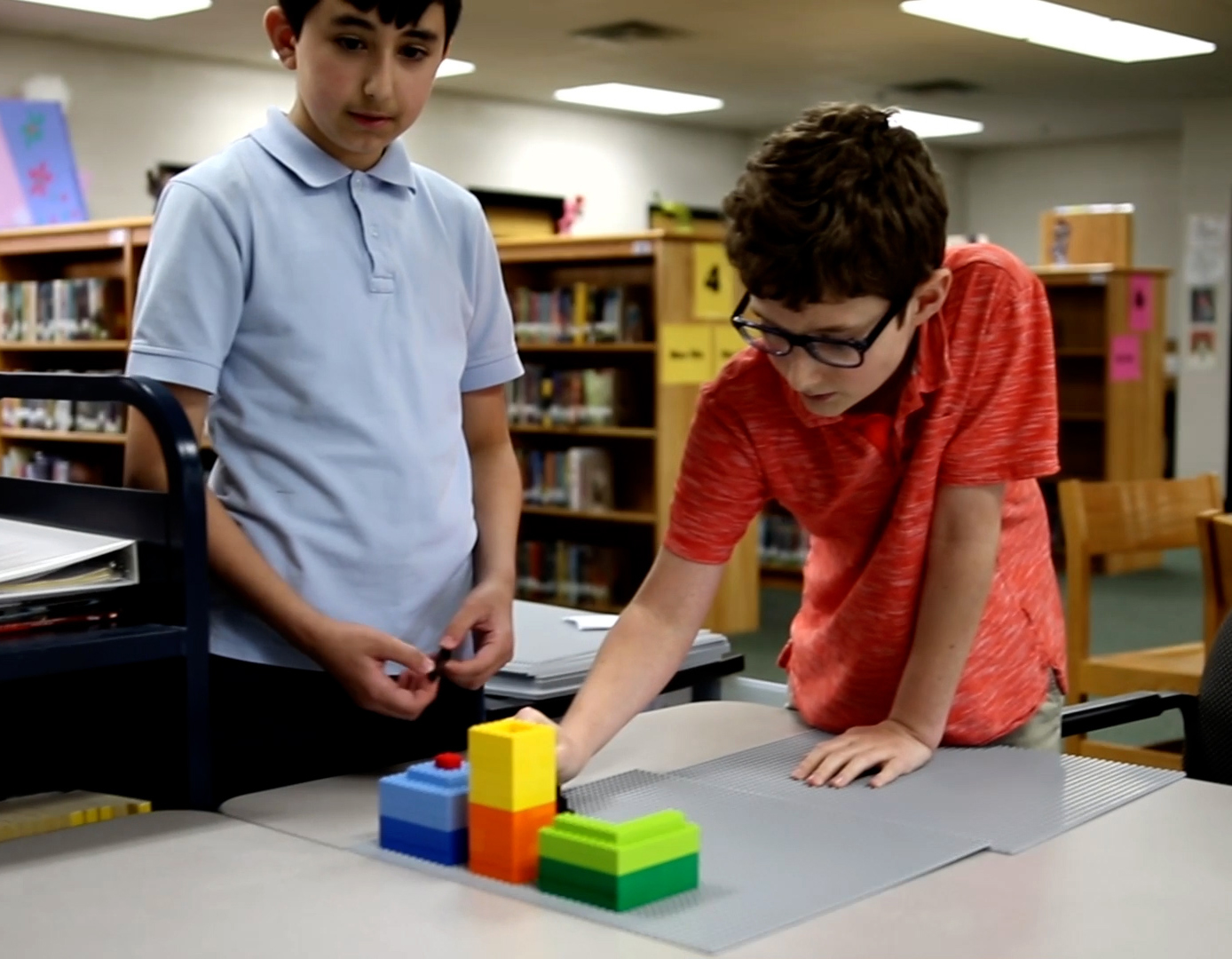Schools with a strong school library program and a certified school librarian ensure their students have the best chance to succeed.
Yet, many students are returning to school without a resource essential for success: a strong school library program lead by a certified school librarian.
If your child’s school has a library, learn more about that library and its program.
1. Explore the Situation at Your Child's School
It’s easy to assume that all schools have well-funded libraries, staffed by a certified school librarian. But in reality, this isn’t always true. The only way to find out what’s happening at your children’s school is to get involved. Ask your children about their school library experiences, visit the school library, and talk to the school librarian and other teachers.
2. Ask your children.
- Can they visit whenever they want before and after school?
- At lunchtime? What do they like best about the library?
- What don’t they like?
- Has the school library program helped them learn more about topics they are interested in?
- About topics they are studying in class? Do they find fun stuff to read?
3. Visit the school library.
- Who is on the staff?
- Is one of the people a state-certified school librarian?
- Are the books in the library a mix of traditional favorites and newer titles?
- What other resources are available at the school library?
- Do students have access to computers and other technology to support their learning?
- Do students know how to use these tools?
4. If your school has a librarian, talk to them.
Express your concerns. You may find that the librarian shares your concerns and can tell you why the program isn’t as good as it could be. Typically, the causes relate to lack of money or lack of time. (Some school librarians serve more than one school.) Maybe you can help fix the problem. Ask the school librarian what you can do to help publicize the effectiveness of the school library and its programs.
5. If there’s no school librarian, talk to the principal.
Express your concerns and ask why no librarian is available to help your child succeed in school. When you know why, you’ll know where to focus your advocacy efforts.
6. Your voice matters.
If you aren’t satisfied with the library program at your child’s school, speak up!
If your children’s school doesn’t have a school library or school librarian—or the budget has been slashed—become an advocate! Ensure excellence for every student by demanding a school library with a certified school librarian in every school.
- Talk to your community’s parent leaders, teachers, principals, school board, or superintendent about the importance of strong school library programs with certified school librarians.
- Attend school board meetings or contact them via email to show support for school libraries. (Many districts’ websites have links for contacting the school board and district administrators. If you can’t find those email addresses, ask the school librarian or a public librarian.
- Speak up at PTA meetings and connect with other parents to talk about the importance of school libraries.
- Write a letter to the principal, superintendent, or write an op-ed.
- If you’re passionate about school libraries and education, you may want to consider running for your local school board.

School libraries are more important than ever
According to a 2016 study by Stanford University, more than 80% of middle schoolers cannot tell the difference between sponsored content and a real news article.
School libraries help close the achievement gap
Students in high-poverty schools are almost twice as likely to graduate when the school library is staffed with a certified school librarian.
School libraries create lifelong learners
School libraries give students a unique opportunity for self-directed inquiry. Four out of five Americans agree that libraries help spark creativity among young people.
Subscribe to the I Love Libraries newsletter for library news and advocacy updates.
Support I Love Libraries and our efforts to promote the value of libraries and librarians.
